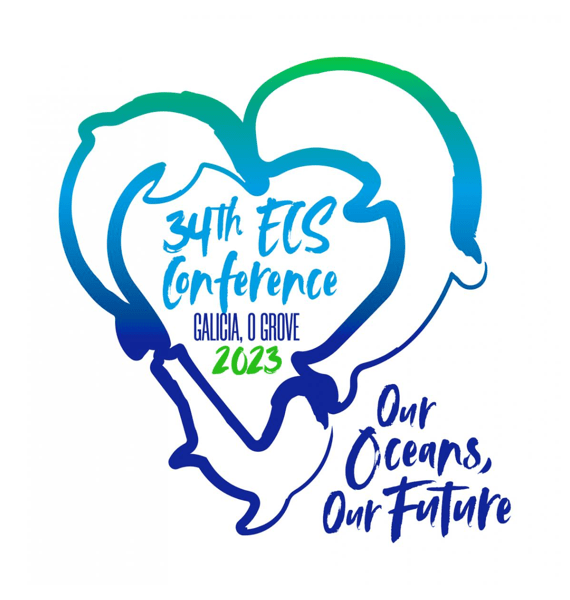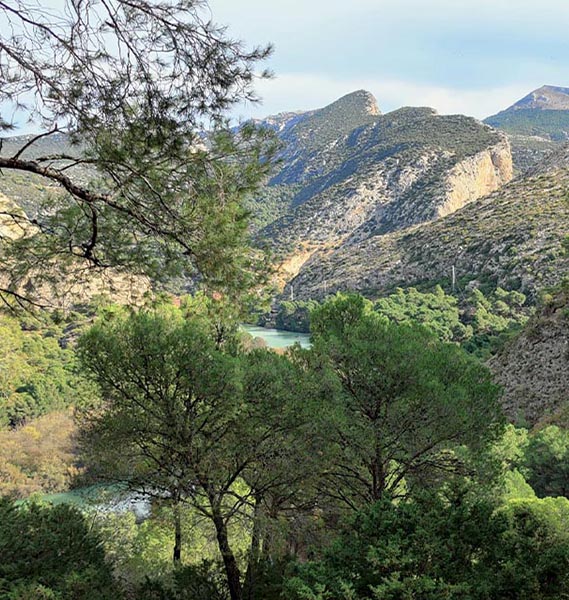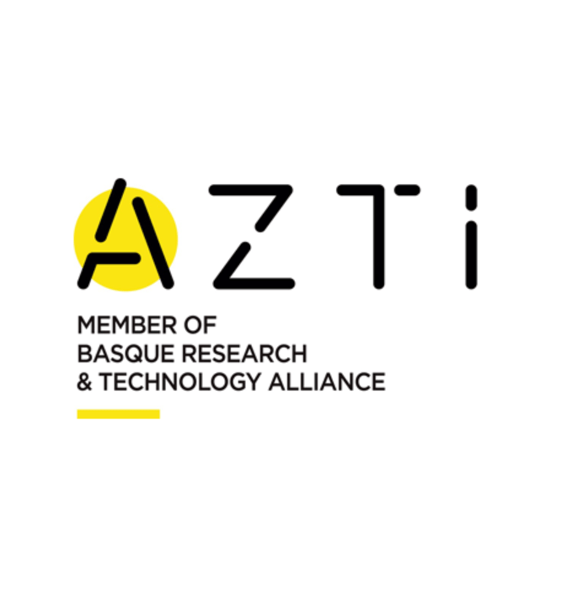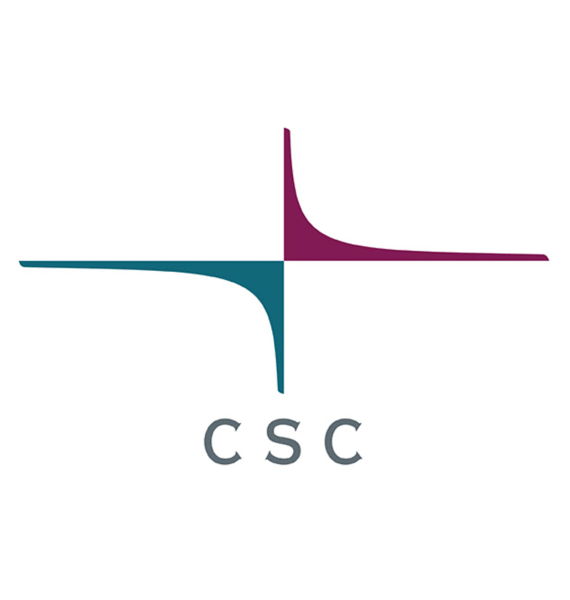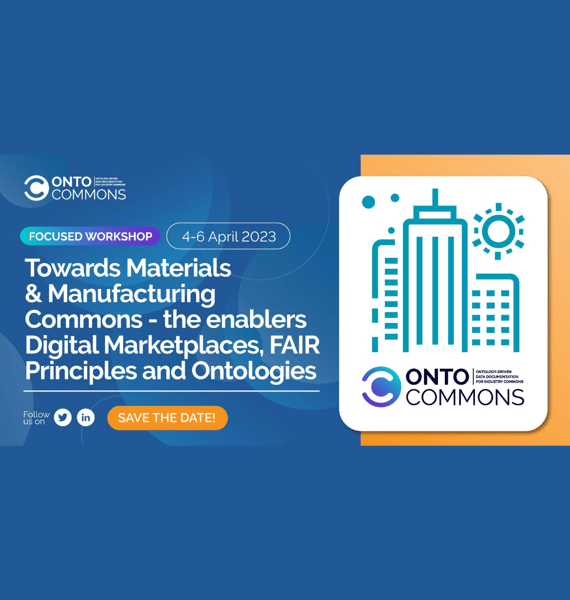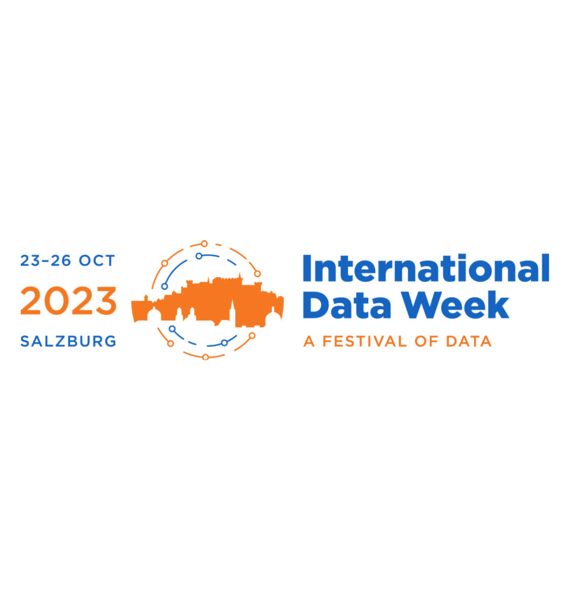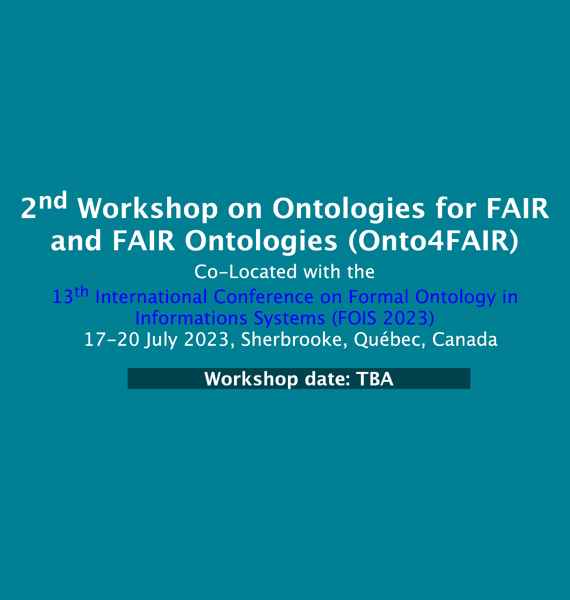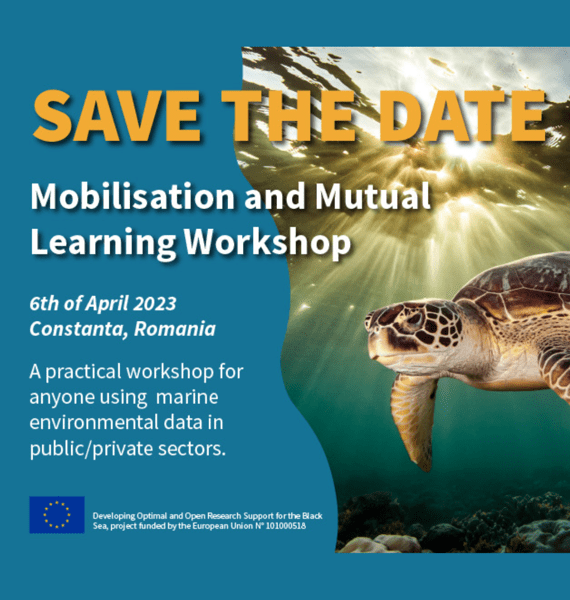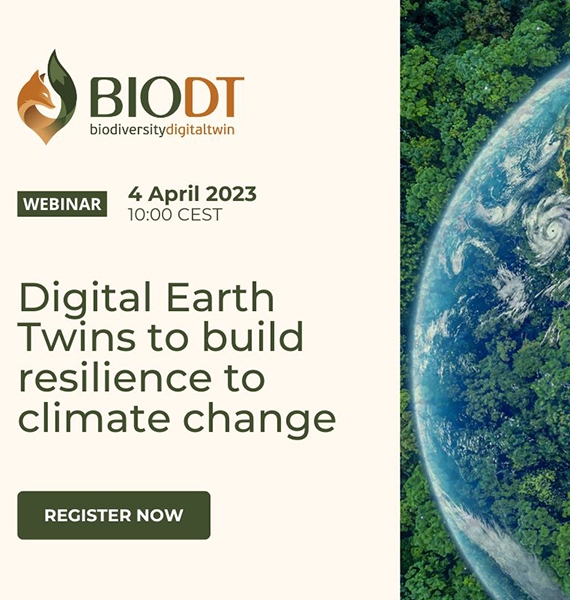Galicia, Spain, 18–20 April 2023.
LifeWatch ERIC will be sponsoring the 34th Annual Conference of the European Cetacean Society at O Grove, Galicia, Spain from 18–20 April 2023.
Conference Programme includes 2 days of workshops on 16–17 April before the 3 days of plenary sessions.
The 34th ECS Conference in O Grove 2023 will be conducted in the traditional in-person format and all oral and poster presenters will be required to attend the meeting in person. In addition, all scientific communications will be made available digitally after the conference. This will be a great opportunity to reconnect in person after the pandemic years and talk about marine mammals, science, conservation, discuss research, meet colleagues, have fun and make friends.
To register for the ECS conference, please login first or create a personal profile.
Abstract submission is now closed.
The theme of the conference is:
OUR OCEANS, OUR FUTURE.
Marine Mammal Behavioural Ecology & The Sustainable Use of Marine Resources
When talking about sustainability and fair use of marine resources, it is inevitable to address and recognize the importance of a better understanding of the ecology and behaviour of marine mammals and their environment. Like marine mammals, many human communities depend directly or indirectly on marine ecosystems and their biodiversity for their livelihoods. This is the case in Galicia, where fishing and aquaculture are among the most representative economic activities associated with the use of marine resources. Effective management of marine biodiversity conservation is based on science. Likewise, the conservation of marine mammals represents a fundamental field of action to guarantee the balance of marine ecosystems.
Therefore, under this theme, we are inviting the scientific community to submit any topic related to issues of marine mammal science and conservation.
